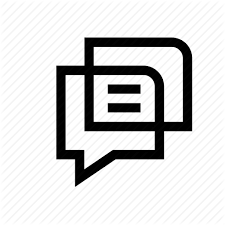Modern problems of linguistics and methods of teaching English language
Abstract
In this article, we reflect on modern problems of linguistics and methods of teaching English. At present, the need to learn English in its actual functioning in various spheres of human activity has become generally accepted. The well-known fact is that an indispensable condition for the implementation of any communicative act must be a mutual knowledge of realities by the speaker and the hearer, which is the basis of language communication.
References
ChicherovaL.G. Engelsky in the sphere of consumer services: A manual on self-education .-- M.; Higher School, 1993-144p.
ShcherbakovaN.I. Zvenigorodskaya N. English for professionals in the field of public catering = English for Cooking and Catering: Proc. Allowance for stud. Medium. Prof. Educational Institutions-M .: The Publishing Center "Akademiya" 2005-320 p.
G. Lozanov "Suggestology" - Sofia: Science and Art. – 1971
Kitaigorodskaya GA The method of intensive instruction in foreign languages. M .: High School., 2010
DiltsR. "NLP: effective leadership skills" - St. Petersburg. – 2009
Asher J.Language by command. The Total Physical Response to learning language // Thewayof learning. Summer – 1984
Adler G. "NLP modern psychotechnology." SPb - 20116. The main directions in the teaching of foreign languages in the XIX-XX / ed.I.V. Rakhmaninov-M .: "Pedagogy" - 2013

In submitting the manuscript to the International Journal on Integrated Education (IJIE), the authors certify that:
- They are authorized by their co-authors to enter into these arrangements.
- The work described has not been formally published before, except in the form of an abstract or as part of a published lecture, review, thesis, or overlay journal.
- That it is not under consideration for publication elsewhere,
- The publication has been approved by the author(s) and by responsible authorities – tacitly or explicitly – of the institutes where the work has been carried out.
- They secure the right to reproduce any material that has already been published or copyrighted elsewhere.
- They agree to the following license and copyright agreement.
License and Copyright Agreement
Authors who publish with International Journal on Integrated Education (IJIE) agree to the following terms:
Authors retain copyright and grant the International Journal on Integrated Education (IJIE) right of first publication with the work simultaneously licensed under Creative Commons Attribution License (CC BY 4.0) that allows others to share the work with an acknowledgment of the work's authorship and initial publication in this journal.





1.png)
